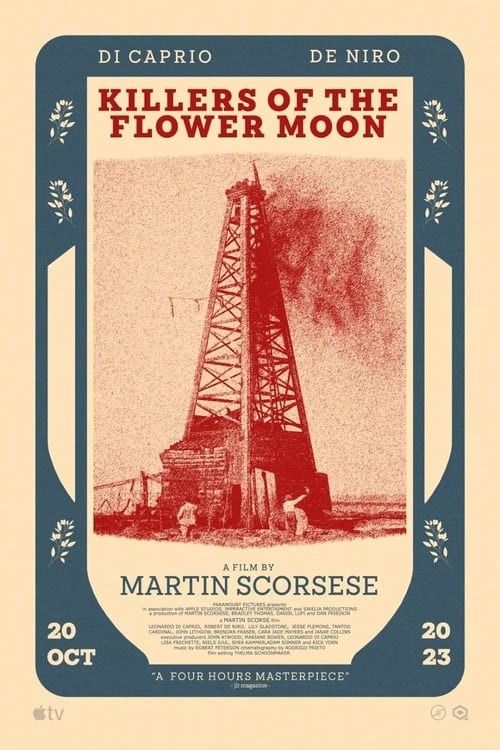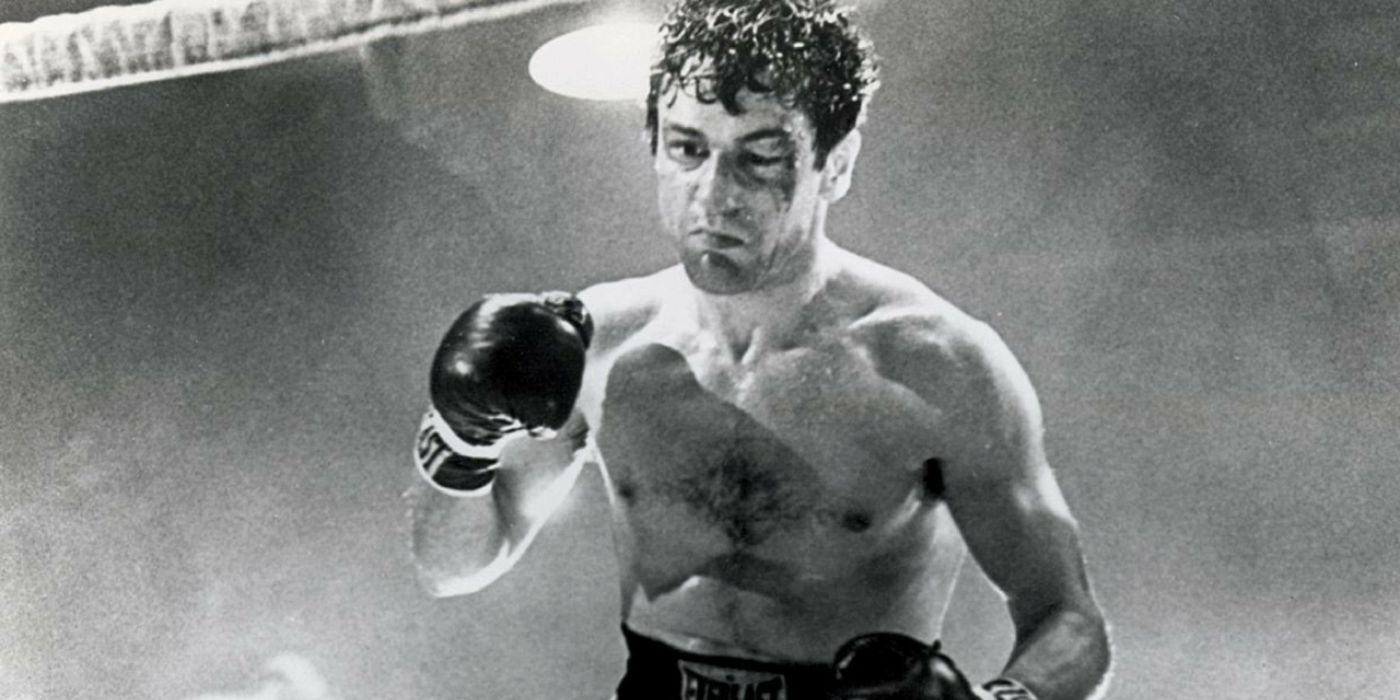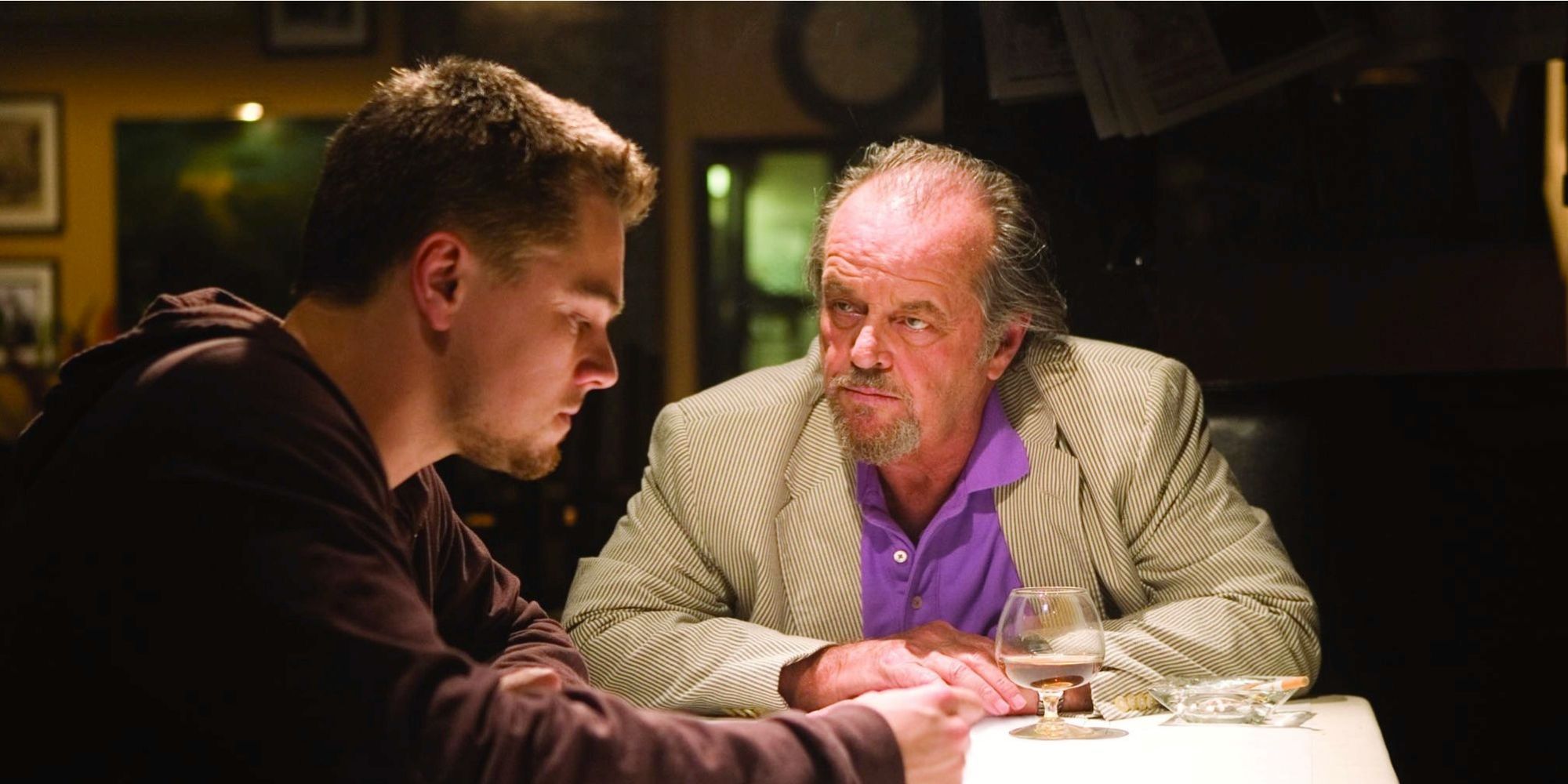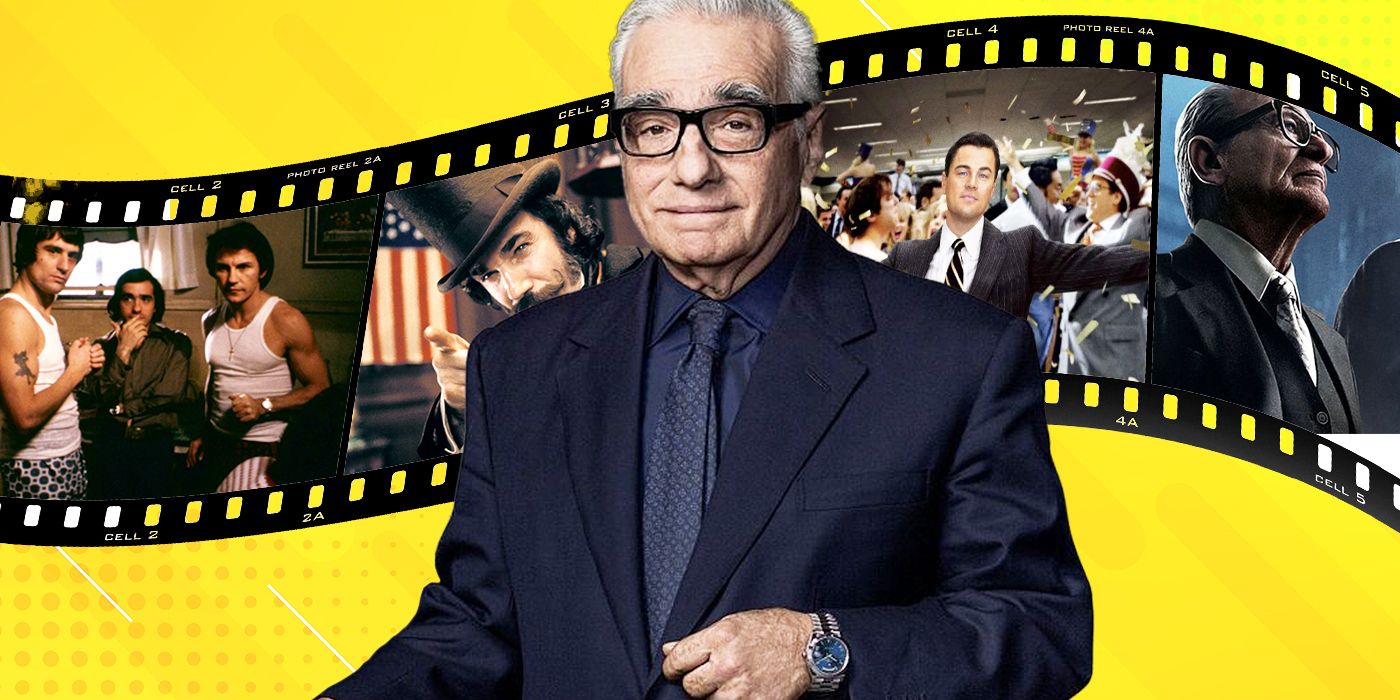The Big Picture
- Martin Scorsese’s Oscar losses are linked to needing a compelling narrative, often overshadowed by sexier award storylines.
- Despite Oscar snubs, Scorsese continues to create impactful cinema, remaining a central figure in American film conversation.
- Scorsese won Oscars only when not expecting it, showcasing his ability to keep going without external validation.
Now that the Oscars dust has settled, let’s review the destruction it’s left in its wake. Barbie lost most of its projected wins to Poor Things. Godzilla Minus One became the first Godzilla film to win an Academy Award in the history of its franchise, giving hope for the future of good special effects in cinema. Christopher Nolan officially got his hands on some golden statuettes, with Oppenheimer winning him Best Picture and Best Director. The flipside to this accomplishment is that Killers of the Flower Moon got completely shut out with 10 nominations. This makes it three different times that a Martin Scorsese film has gotten 10 nominations with zero wins. How did we get here?

Killers of the Flower Moon
When oil is discovered in 1920s Oklahoma under Osage Nation land, the Osage people are murdered one by one – until the FBI steps in to unravel the mystery.
Release Date October 20, 2023
Director Martin Scorsese
Runtime 206 minutes
Main Genre Drama
Martin Scorsese and the Oscars Have Always Had a Tempestuous Relationship
In fairness to the Academy, they started noticing his films relatively early in his career, with Alice Doesn’t Live Here Anymore winning Best Actress for Ellen Burstyn and Taxi Driver getting four nominations, including for Best Picture. These results make sense considering that Alice was mostly framed less as a “Scorsese picture” and more like a vehicle for Burstyn’s talents, while Taxi Driver was immediately controversial upon its release and therefore unlikely to garner much hardware. It’s when Raging Bull came out that things started to get screwy, with it being a critical smash and a modest box office hit that got eight nominations, including Best Picture.
Nowadays, Raging Bull is considered the one of the best film of the entire 1980s and among the finest achievements of Scorsese’s career, the film lost the top honors to Ordinary People. The award went to Robert Redford for making the actor-turned-director transition. It’s a feeling that Scorsese would have to get comfortable with, as this exact scenario would happen again a near decade later, with the release of Goodfellas. Once again, he makes a film that’s probably his masterpiece, among the best films of the 90s, and he loses Picture and Director to Dances With Wolves, a grand drama made by another actor-turned-director, Kevin Costner.
 Image via United Artists
Image via United Artists
In novice terms, Martin Scorsese got anointed as “the chosen one” fairly early in his career. Even with the release of Mean Streets, which was effectively his debut for a wider audience, critics like Pauline Kael pointed out how “personal” his filmmaking felt and Vincent Canby praised how “beautifully realized” he made such ugly material. As the years progressed, the idea of Scorsese as the patron saint of American cinema only grew, garnering respect both for his exploration of the sociology and psychology of crime and for his ability to move between genres while constantly evolving his euphoric sense of style.
That progression wasn’t without controversy. New York, New York became an overblown disaster. The King of Comedy was a film so prophetic in its nasty indictment of celebrity culture that the film was shoved away by everyone. And, The Last Temptation of Christ was so bold in its depiction of Jesus Christ (Willem Dafoe) as a deeply flawed man that Scorsese required protection from FBI bodyguards whenever he went to public events.
These two extremes combined to make Scorsese a lightning rod of discussion and contention, making him feel like somebody worthy of focusing on and treating like a big deal. So then, by that logic, wouldn’t he have gotten the necessary recognition for being so big? Technically, yes, but that hints at the elephant in the room: maybe Scorsese became too big of a deal without a good narrative behind him.
Why Narratives Are So Important to Oscars
The Oscars are ultimately another form of marketing, a way of getting people to pay attention to certain movies. In order to get your film in the conversation, you need a narrative. People thrive on stories and need something to believe in, and voters are more inclined to get behind something if it feels like they’re contributing to a larger story, part of something “important.” If you’ve ever looked at any egregious Oscar result and asked yourself who could have thought that was a good idea, it’s more than likely the specter of narrative infiltrated voters’ consciousness.
Sometimes, once a train gets a-rollin’, nothing can stop it. For instance, look at last year’s Supporting Actress winner, Jamie Lee Curtis, which not a single person thought was conceivable at the start of the race. But she campaigned harder than anyone foresaw, starting winning enough awards and reminding people what Hollywood royalty she is, and the narrative was born: it’s Curtis’ time, and we love Jamie Lee Curtis, right? Sure, it resulted in one of the most contentious and poorly aged acting wins in recent memory (Sandra Bullock‘s win still tops that list), but no matter, it worked.
This conundrum is arguably the most responsible for Scorsese’s continued facepalming at the Oscars: he always succumbed to a larger narrative. His bookending losses for Raging Bull and Goodfellas both came at the hands of prominent actors-turned-directors, which is a far sexier idea to get behind than “a guy who’s been great at his one job for decades to the point of predictability.” Not to mention both Ordinary People and Dances With Wolves were more easily digestible to voters, being traditional dramas with clear payoffs, compared to the volcanic toxicity of Raging Bull and the drug-induced bottoming out of Goodfellas.
Those films simply weren’t designed to make people feel “good” the way Ordinary People and Dances With Wolves were made to, and Scorsese would never have made his films any other way. But even when he made films that did seem more palatable to Oscar voters, that didn’t help much either.
Scorsese Only Won an Oscar When He Didn’t Expect It
 Image via Warner Bros. Pictures
Image via Warner Bros. Pictures
When the 21st century started, Scorsese started really feeling himself and making films that were broader in scope and played more to Oscars sensibilities. Gangs of New York was a sweeping epic about the vast street gang culture of 1800s New York, effectively a historical precursor to all the New York crime films he’d made up to that point. Despite its chaotic production, it went on to get 10 nominations, but lost out to Chicago, the other big Miramax film of that year, falling victim to the Oscars’ wish to go for a more “fun” film in the wake of 9/11.
With The Aviator, Scorsese dug deep into Hollywood history and temporarily kneecapped Christopher Nolan’s rise by making the ultimate Howard Hughes biopic, which resulted in five wins (most notably the iconic Cate Blanchett victory), but he still lost the top two prizes to Clint Eastwood‘s Million Dollar Baby (yet another prominent actor-turned-director, weird). At this point, it seems like Scorsese was so burnt out on the constant up-and-down experience that, for his next film, he threw caution to the wind and made a pure genre flick, with no aspirations attached. This, of course, meant it worked like a charm.
The Departed is one of the oddest films to be given the kind of acclaim it got. Huge critical praise, but it’s Martin Scorsese doing more crime shenanigans, so no surprise there. But four Oscar wins, including Best Picture and Director, for a remake of a foreign film? It’s a film full of irredeemable scumbags, gut-wrenching murders, and Mark Wahlberg at his absolute meanest. On paper, this should be repellent, and yet Scorsese makes it punch you in the gut. Even when it first happened, many people wrote it off by calling it a “lifetime achievement award.”
Scorsese himself even claimed in his DGA acceptance speech that the only reason it did so successfully was it was “the first movie I’ve done with a plot”. Furthermore, Scorsese looked back on this period of his life as one of acceptance that Oscars just weren’t meant for him, stating, “I always liked being nominated at the Academy….[but] ‘Raging Bull,’ when I didn’t get the Oscar, I understood that that wasn’t my lot in life…But I always said this: Just be quiet and make the movies. You can’t make a movie for an award.” If nothing else, this is a lesson in the idea that, sometimes, you get just what you want when you don’t try to go for it.
 Related
Related
Every Martin Scorsese Movie, Ranked From Worst to Best
From Mean Streets to The Irishman, this is Collider’s ranking of every narrative feature from the greatest living filmmaker.
Scorsese Continues to Create Masterpieces, Despite the Losses
To paraphrase Jake LaMotta, the Academy never knocked Marty down. Even after The Irishman and now Killers of the Flower Moon both have 10 nominations and zero wins from the Academy, Scorsese still keeps on trucking. If the reports are true that The Wager will wind up being his next film, then it will keep his late period renaissance going and continue to prove how little he needs the external validation of the Academy. Perhaps the greatest consolation prize he can imagine is how he continues to be near the center of the cultural conversation surrounding American cinema and its evolution.
When Francis Ford Coppola angrily slammed Marvel movies, it made headlines for barely a week, but when Scorsese deigned to gently proclaim them as “not cinema” in his eyes, it launched a firestorm of controversy that still sticks around to this day. Martin Scorsese still has more impact on the very fabric of cinema at 81 years old than some past Best Director winners have made in their entire careers, and that should be more than enough proof that he’s not f***ing leaving.
Killers of the Flower Moon is available to stream on Apple+ in the U.S.
WATCH ON APPLE+


